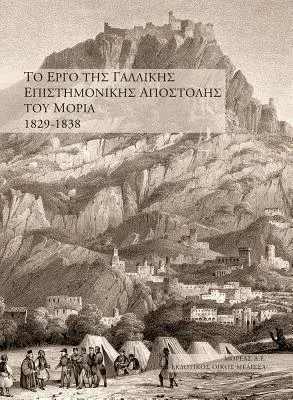In three different historical phases between the late 18th and the mid
19th centuries, French foreign policy in the Orient and the
Mediterranean sought, on a systematic basis, to combine military,
political and economic penetration of the region while projecting
France's educational prestige and spreading its scientific and cultural
influence. The original idea was Napoleon's. During the French
revolutionary wars he attached, in 1798-1801, a Commission of Sciences
and Arts to the military force that was sent to liberate Egypt. Under
the leadership of Monge and Bertholet, the Commission published between
1809 and 1830 a series of works containing remarkable supporting
documentation and illustrative material under the general title
Description de l'Egypte. In addition, the expedition sought to promote
the technical and scientific knowledge of the West in the Orient, and
foster the technical and administrative supremacy of France. Thirty
years later, in 1828-1832, at the end of the reign of Charles X and in
the context of the Greek War of Independence, the military expedition to
the Morea was launched. This time the French military force was
accompanied by the so-called Expedition Scientifique de Moree (illust.
1.3). The scientific and illustrative work of the Expedition was
published between 1831 and 1838. Part of this work is presented in the
present volume.

